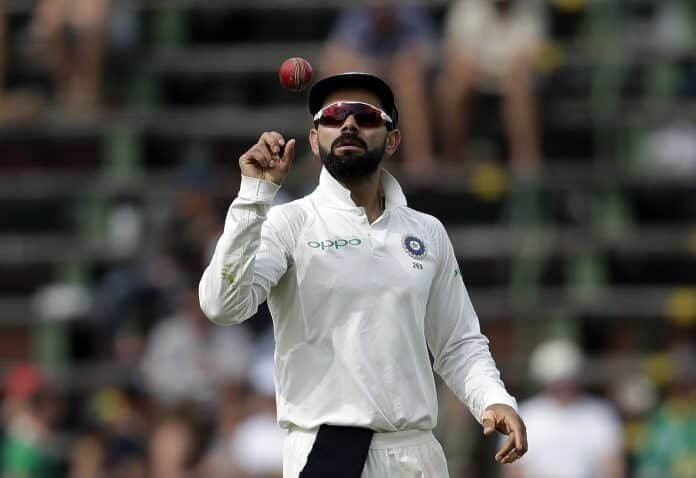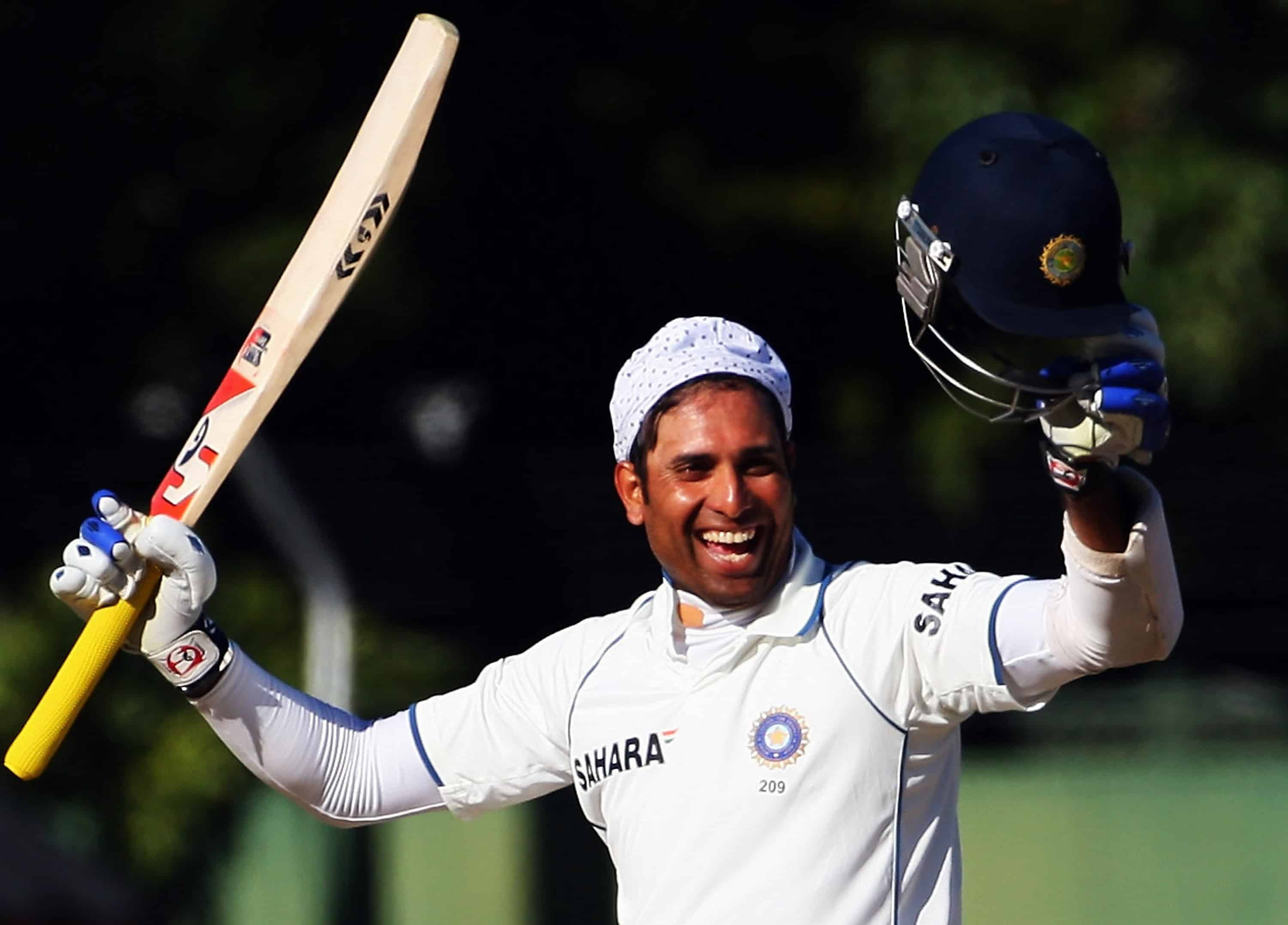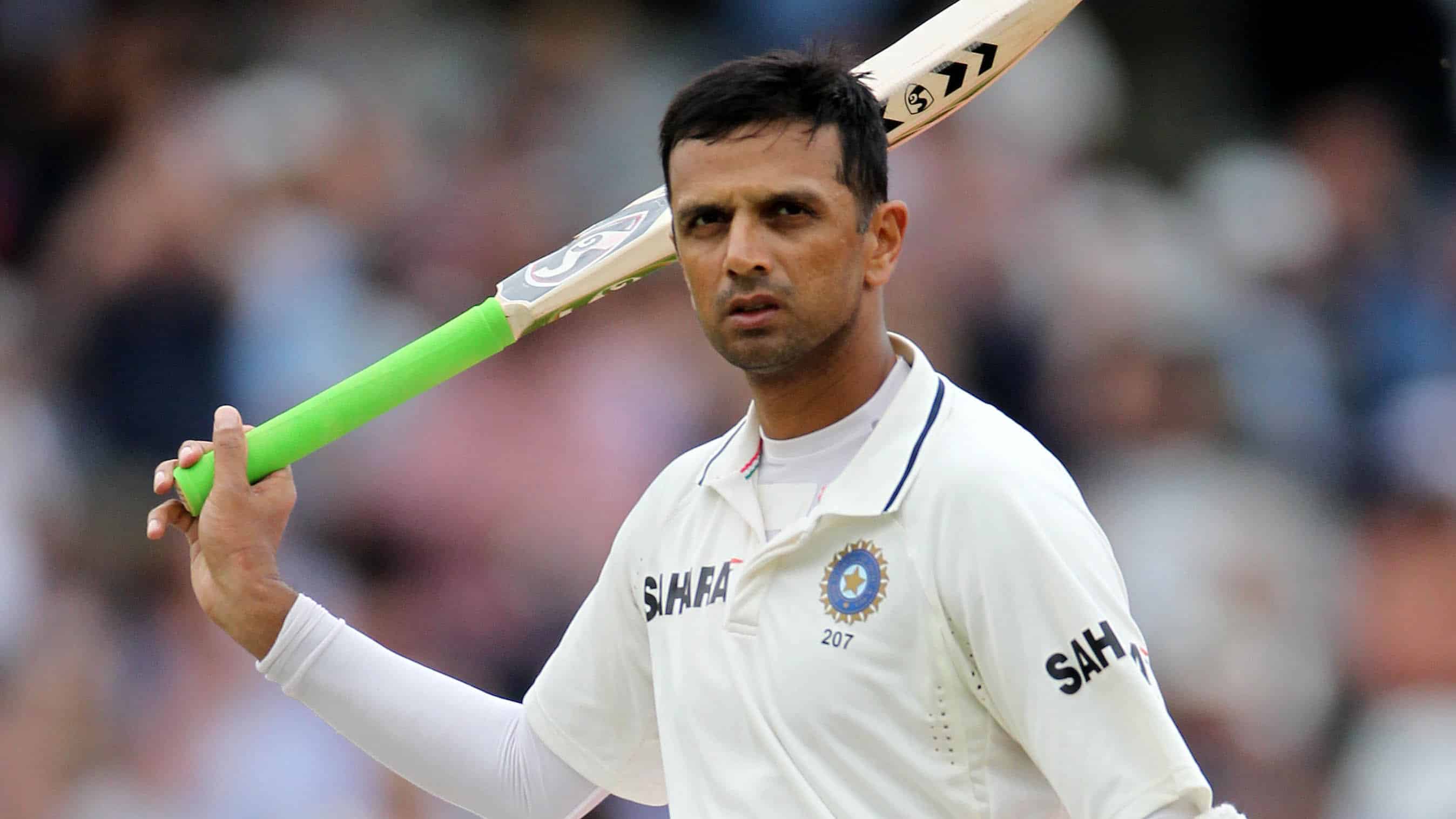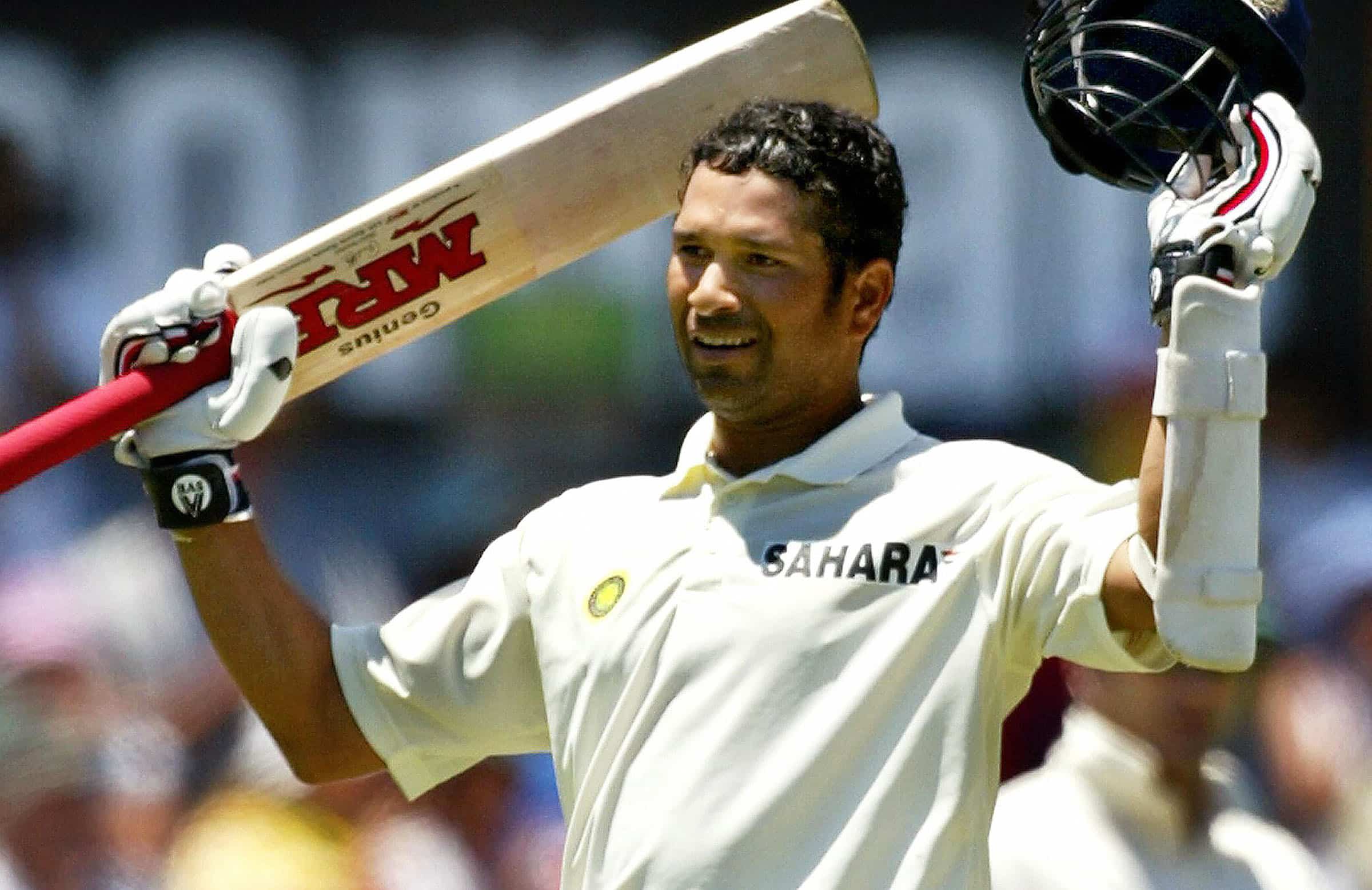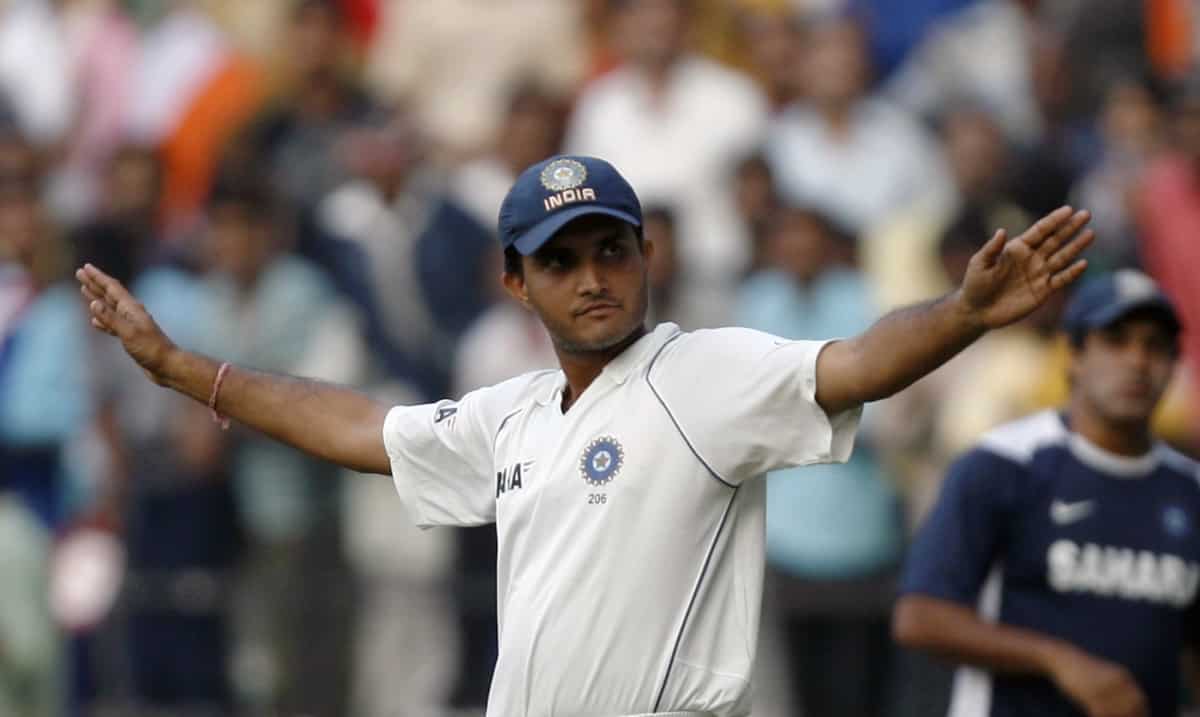In many corners, this summer’s Border-Gavaskar Trophy is all but promised to India, with the current level of instability in and around Australian cricket at a level unseen since the bitterness in the immediate aftermath of World Series Cricket in the 1980s. But to adopt such a mindset is to ignore half the equation; after all, the tourists arrive beleaguered by problems of their own.

For once, however, the Indian side has managed to slip under the radar, such is the degree of scrutiny on their opposition. So talismanic too, is the Indian captain, that local broadcasters have adopted the promotional slogan “King Kohli v Australia”, making it very clear where the hosts expect the series will be won or lost – notwithstanding all the other battles India will need to fight.
A batting slump
India’s batting line-up is perhaps the least settled it has been in the last five years, and the form of the batsmen, too, is a concern. Despite coach Ravi Shastri’s assertion that this is the best Indian side in the last 15 years, the simple fact is that no Indian batsman other than Kohli would have been selected in any Indian team in that period.
At the top of the order, India must choose between Murali Vijay, who has recently fallen out of favour, the out-of-form KL Rahul, and the rookie Prithvi Shaw. After Shaw’s exploits in his debut series, all of a sudden the 18 year-old’s position looks the most assured, but playing against Australia in foreign conditions is an entirely different prospect to playing a lacklustre West Indies outfit at home.
Pujara and Kohli pick themselves at 3 and 4, but are followed by a brittle middle and lower order, only heightening the pressure on the Indian top four. Ajinkya Rahane, who shone on his last tour of Australia, looks a shadow of that player today – loose outside the off stump, with little fluency in his movement or in his scoring. At 6, Rishabh Pant is young and certainly a precocious talent, but has only one gear.
With Hardik Pandya ruled out of the series with injury, India’s tail essentially begins at 7. Jadeja and Ashwin are not destined to score runs in Australia, while India’s quick bowlers are, for the most part, proper tailenders. Kohli has himself honed in on this point ahead of the series, noting, “As we saw in England, their lower order contributions were much bigger than ours. That was the difference in the series. That’s where we want guys to be fearless. Actually, that’s the best place to bat. If you’re an all-rounder who can bowl as well then there is literally no pressure. If they can get going they can change the course of the whole game or a whole series.”
Add to all of that the rampaging Australian attack of Starc, Hazlewood, Cummins and Lyon – at its core the same attack which has terrorised Indian batting line-ups in the recent past – and India’s batsmen face a tougher challenge than many may think.
On the bowler’s shoulders
India’s bowlers acquitted themselves wonderfully in England, regularly picking up 20 wickets and, together with Kohli, keeping India in the contest even in the face of regular batting collapses. But while Bumrah, Shami, Yadav and Sharma thrived in the cool, swinging English conditions, Australia has traditionally been a graveyard for Indian quicks, who have lacked the pace and fitness to consistently hit the deck and extract bounce from often unrelenting pitches. Ashwin and Jadeja too, have been punished in their previous Australia tours, and India would do well to consider instead playing Kuldeep Yadav in all four Tests, given the value of a wrist-spinner on flat pitches.
This time around, Bumrah and Yadav hold the trump cards for India. Both are sharp, and both are in scintillating form, with Yadav taking 10 wickets in an innings for the first time in his last match, and Bumrah enjoying an excellent start to his Test career in South Africa and England. It helps too, that Ishant Sharma has developed something missing from his game since his debut: discipline.
History flatters to deceive
There can be no mistake, all the pressure in this series is on India, and how India responds to that pressure in the big moments will go a long way towards deciding who prevails. When those moments come by, and if India begins to believe it can win, it will promptly start to face a different enemy altogether: the weight of history.
India has not just never won a Test series in Australia; it has, in all reality, rarely looked like doing so. All-time greats such as Tendulkar, Dravid, Laxman, Ganguly and Kumble have toured several times, mostly together, but on each occasion, they tasted failure. On paper, those sides outclass Kohli’s in almost every respect (Shastri’s comments notwithstanding), yet it is in this series that India has its best-ever chance of breaking its Australian drought.
The primary reason for that, of course, is the state of play on the other side of the fence. It is perhaps the first time in a generation that an Australian cricket team carries so little expectation. For the Australian side, this means only one thing: freedom. While India may well play in fear of messing up such a big opportunity, the Australians have nothing to lose.
*
The last edition of the Border-Gavaskar trophy didn’t go entirely to script, with Australia mounting a fierce challenge in an electric 2-1 series defeat in India. But sport is at its best when it throws up the unexpected, and fans and neutrals alike may be hoping Australia pull a rabbit or two out of the hat in what promises to be a monumental series for the Kohli dynasty.
Read Ritam’s other T-20 related articles:
Easy: Kohli leads India to T20 win in Sydney
Good governance gone bad
The dawn of a new cricket era



